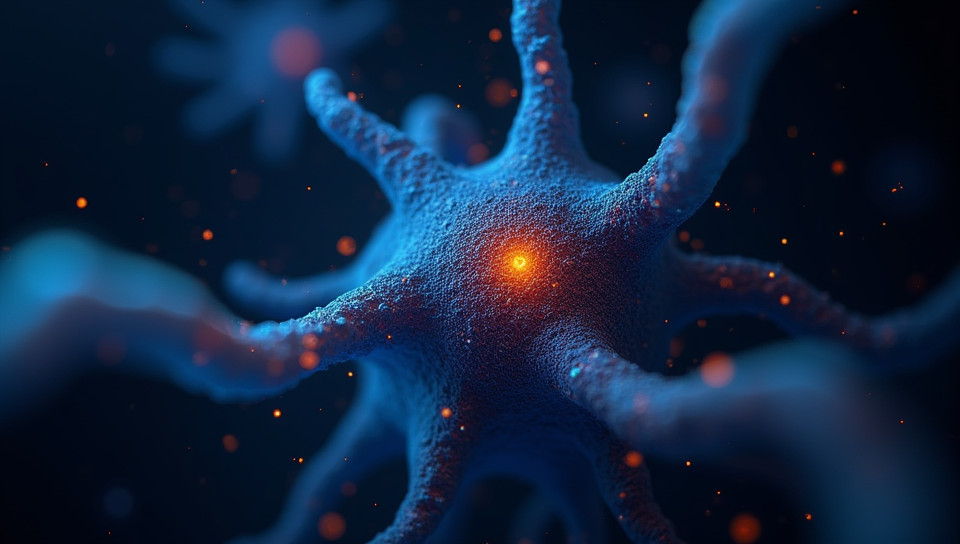Optogenetics involves genetically modifying cells 60%

The Future of Neurology: Unveiling the Power of Optogenetics
Imagine being able to control specific cells in the brain, effectively turning genes on and off at will. This is the realm of optogenetics, a revolutionary technique that has been gaining momentum in recent years. By harnessing the power of light to modulate neuronal activity, researchers have opened up new avenues for understanding the intricacies of the human brain.
What is Optogenetics?
Optogenetics involves genetically modifying cells to make them sensitive to light. This is achieved by introducing specific genes that encode proteins known as opsins. These proteins are embedded in the cell membrane and respond to different wavelengths of light, altering their activity accordingly. The most commonly used opsin is Channelrhodopsin-2 (ChR2), which allows for the depolarization of neurons when exposed to blue light.
How Does Optogenetics Work?
The process begins with identifying a specific gene that encodes an opsin protein. This gene is then introduced into the cells using viral vectors or other delivery methods. Once inside, the gene is expressed and the opsin protein is produced. The cells are now sensitive to light and can be controlled through optogenetic stimulation.
Applications of Optogenetics
The potential applications of optogenetics are vast: - Treating neurological disorders such as Parkinson's disease - Understanding brain function and behavior - Developing new treatments for depression, anxiety, and other mental health conditions - Enhancing our understanding of cognitive functions like memory and learning - Investigating the neural basis of consciousness
The Future of Optogenetics
As research in optogenetics continues to advance, we can expect significant breakthroughs in the field of neurology. By allowing for precise control over specific cells in the brain, optogenetics has the potential to revolutionize our understanding and treatment of neurological disorders. However, there are also ethical considerations that must be taken into account as this technology continues to evolve.
Conclusion
Optogenetics represents a major leap forward in our ability to understand and manipulate the complex workings of the human brain. By harnessing the power of light to control specific cells, researchers have opened up new avenues for treating neurological disorders and understanding brain function. As this technology continues to advance, we can expect significant breakthroughs that will change the face of neurology forever.
- Created by: Yìhán Guō
- Created at: Dec. 27, 2024, 1:05 p.m.
- ID: 17131









